Many years have passed, but the journey to find the remains of Mr. Pham Ba Tri (residing in Thuan Hoa district, Hue city, reporter of Hue Today newspaper) still has no final results.
Mr. Ba Tri said that 6 years ago, he went to the Border Guard Command of Lang Son province and found his father's name in a file kept at this unit.
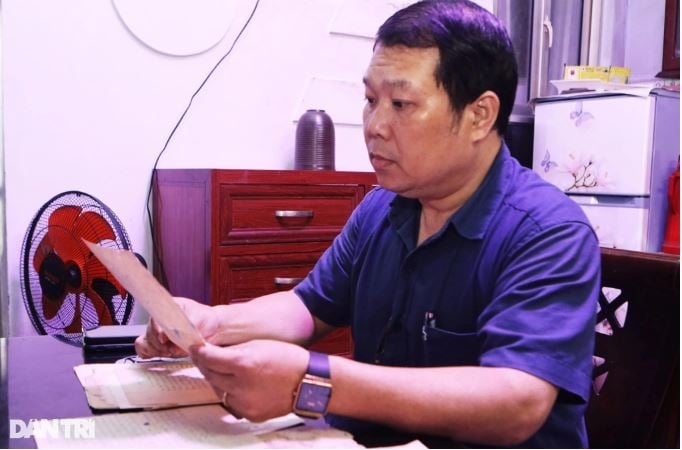 |
Journalist Pham Ba Tri next to old letters from a father he can't remember. Photo: Vi Thao |
At that time, authorities determined that the remains of martyr Pham Ba Hai might have been buried at the Martyrs' Cemetery in Van Quan district, Lang Son province, in graves with unidentified information.
Since discovering the information, journalist Ba Tri's family has been waiting for the gene results from the cemetery's DNA bank to make comparison records, and have a basis to continue searching for the grave of martyr Pham Ba Hai.
According to Mrs. Nguyen Thi Lan (71 years old, retired nurse at Hue Central Hospital), wife of martyr Pham Ba Hai, in November 1977, her husband and many young men of the same age volunteered to join the army, to protect the country. At that time, she had just given birth to her first son, who was also the couple's only child, 3 days old.
After training in Dong Hoi (Quang Binh), Ms. Lan's husband and his teammates were assigned to Regiment 12 (Thanh Xuyen Regiment) under the Armed Police Command (now the Border Guard).
Around March 1978, Company 2, Battalion 1, Regiment 12 of soldier Pham Ba Hai was mobilized to station at Dong Dang fortress, with the task of protecting the border from Tam Thanh border gate to landmark 25 of Na Ban village and the Huu Nghi railway, in Lang Son province.
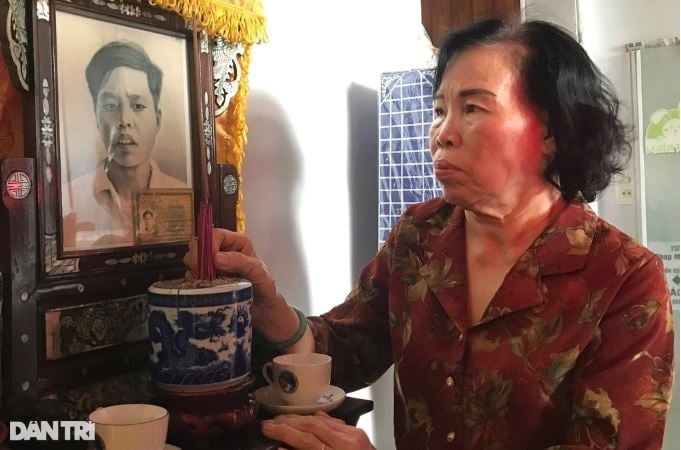 |
Ms. Nguyen Thi Lan next to the portrait of her husband, martyr Pham Ba Hai (Photo: Vi Thao). |
"My mother told me that when I was 4 months old, my father was given a few days off. He had not yet gotten used to holding his baby at home, and 3 days later he had to put on his backpack and return to his unit. From then on, all his feelings and longing for his family, wife and children were sent to him through letters from the farthest reaches of the country.
When I was 15 months old, my family received a death notice. He had died at Dong Dang fortress, on the very first morning of the war. I never once met my biological family.
My father's portrait was formed from my mother's stories, through her portraits and letters filled with love that she carefully kept," journalist Ba Tri shared.
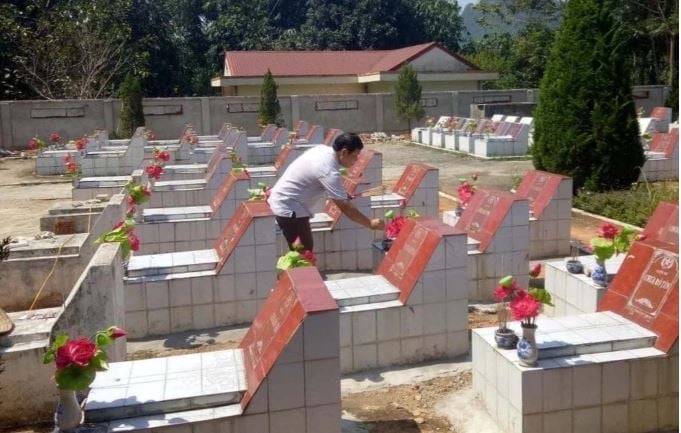 |
| Journalist Pham Ba Tri on a trip to find his father's remains at martyrs' cemeteries in Lang Son. Photo: Character provided |
Mr. Tri said that when martyr Pham Ba Hai died, his mother worked hard to raise her children alone. In addition to her work at Hue Central Hospital, Ms. Lan also took advantage of her free time to cycle to businesses, receive bags of peanuts and peel them to earn extra income.
She also often took Tri back to his hometown to ask for potatoes and cassava, and brought him to the city to raise him and send him to school during the difficult days of the subsidy period.
"I still remember when I was little, every time I asked for my father, my mother would lie and say that he was on a border protection mission and could not return. Only later, when I was an adult, did I learn that my father had died in the Northern border war in 1979.
Until today, my family's greatest wish is to find his remains to bring my father back to his homeland," Mr. Ba Tri said sadly.
Martyr Pham Ba Hai (born 1953, from Phong Binh, Phong Dien, Thua Thien Hue) sacrificed on February 17, 1979 at Dong Dang fortress, Lang Son, in the war to protect the northern border. Journalist Pham Ba Tri (born in 1977) is the only son of martyr Pham Ba Hai and his wife, Nguyen Thi Lan. He currently works at Hue Today Newspaper (formerly Thua Thien Hue Newspaper). |
Source: https://huengaynay.vn/chinh-tri-xa-hoi/con-trai-nguoi-linh-hy-sinh-o-bien-gioi-phia-bac-chi-biet-cha-qua-loi-me-ke-150874.html


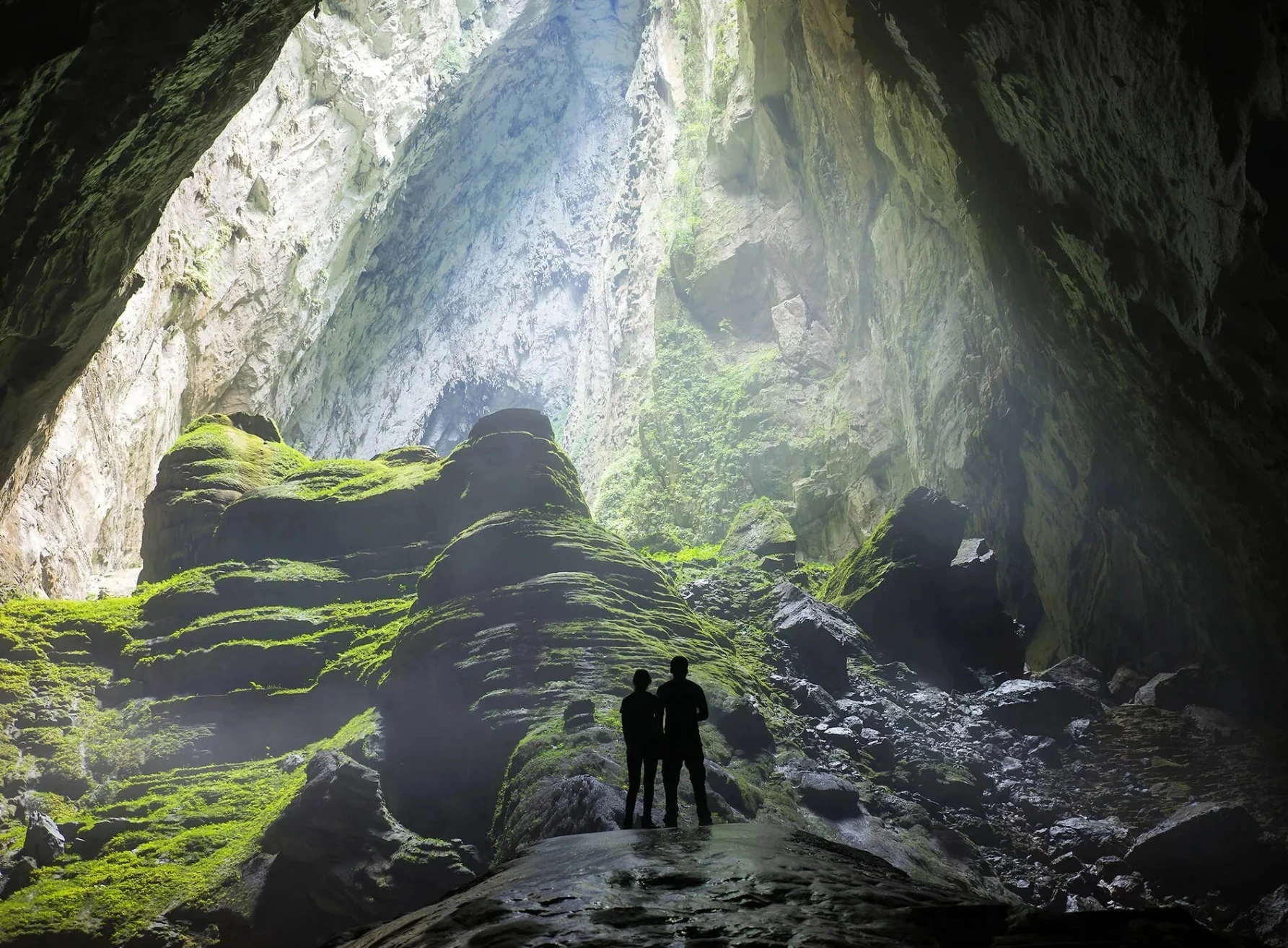





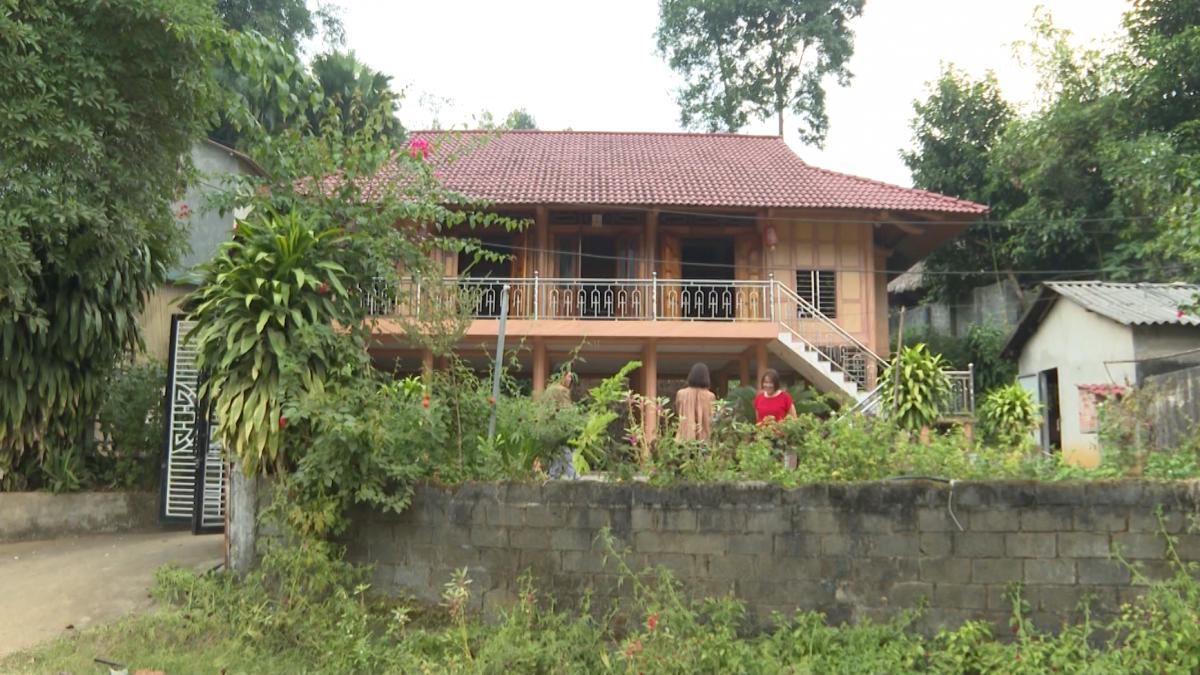
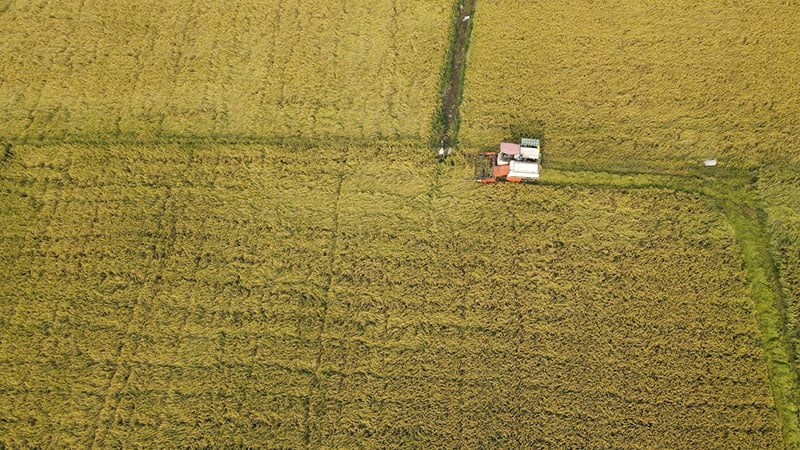
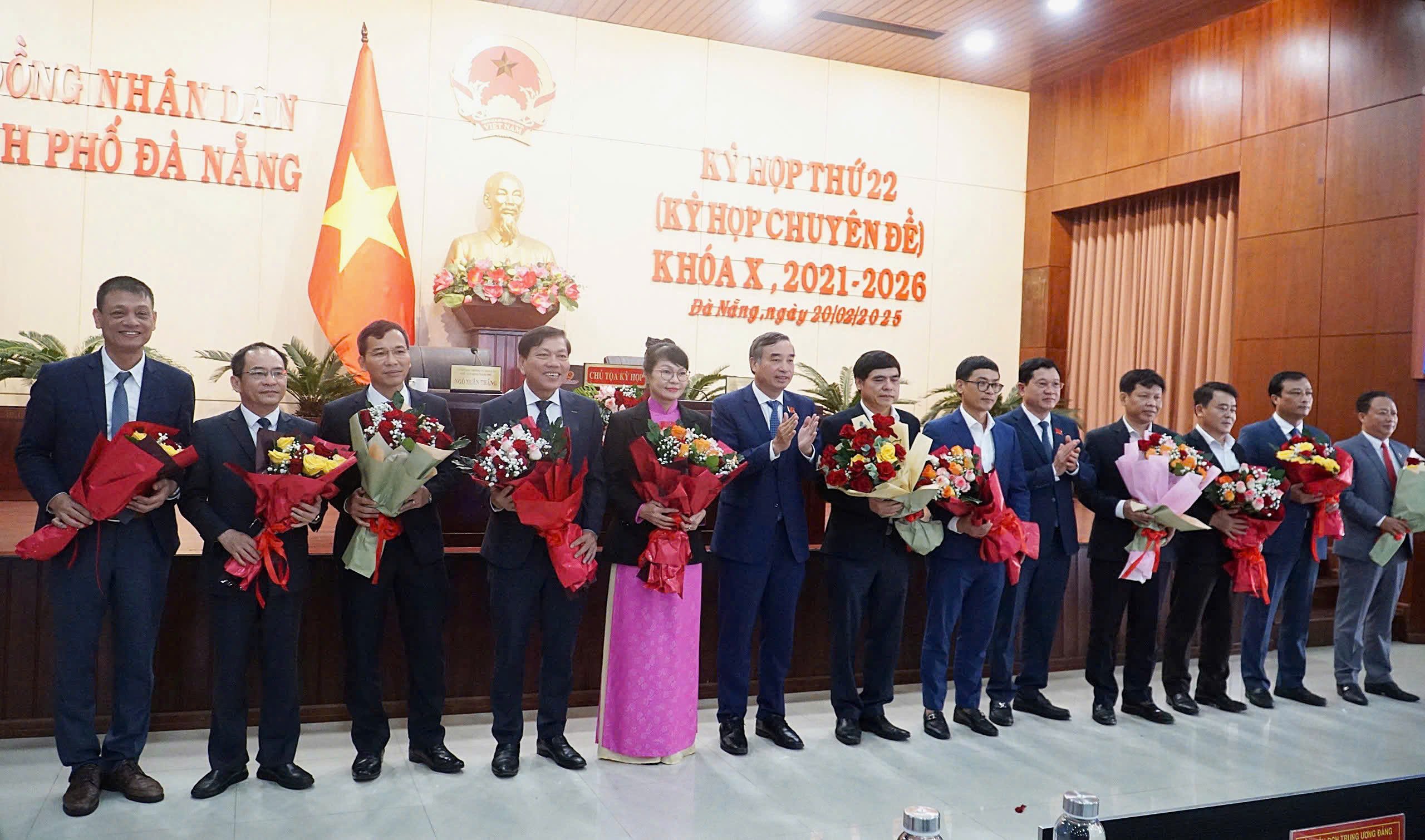
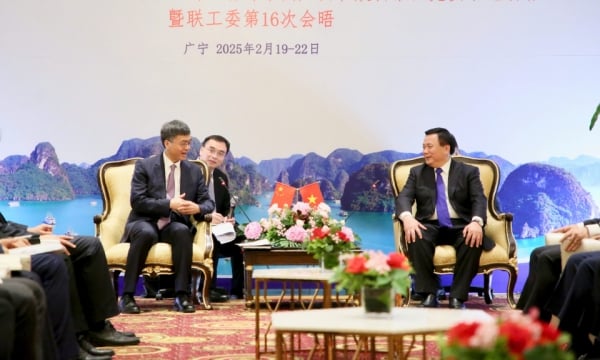
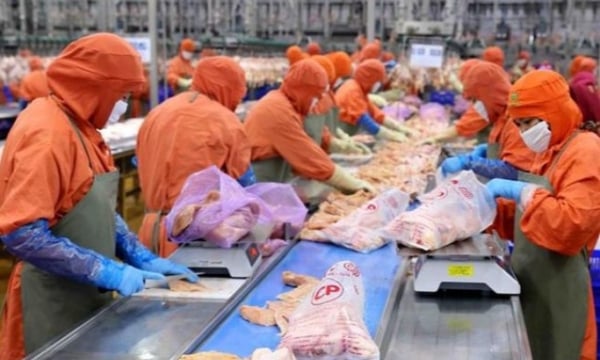

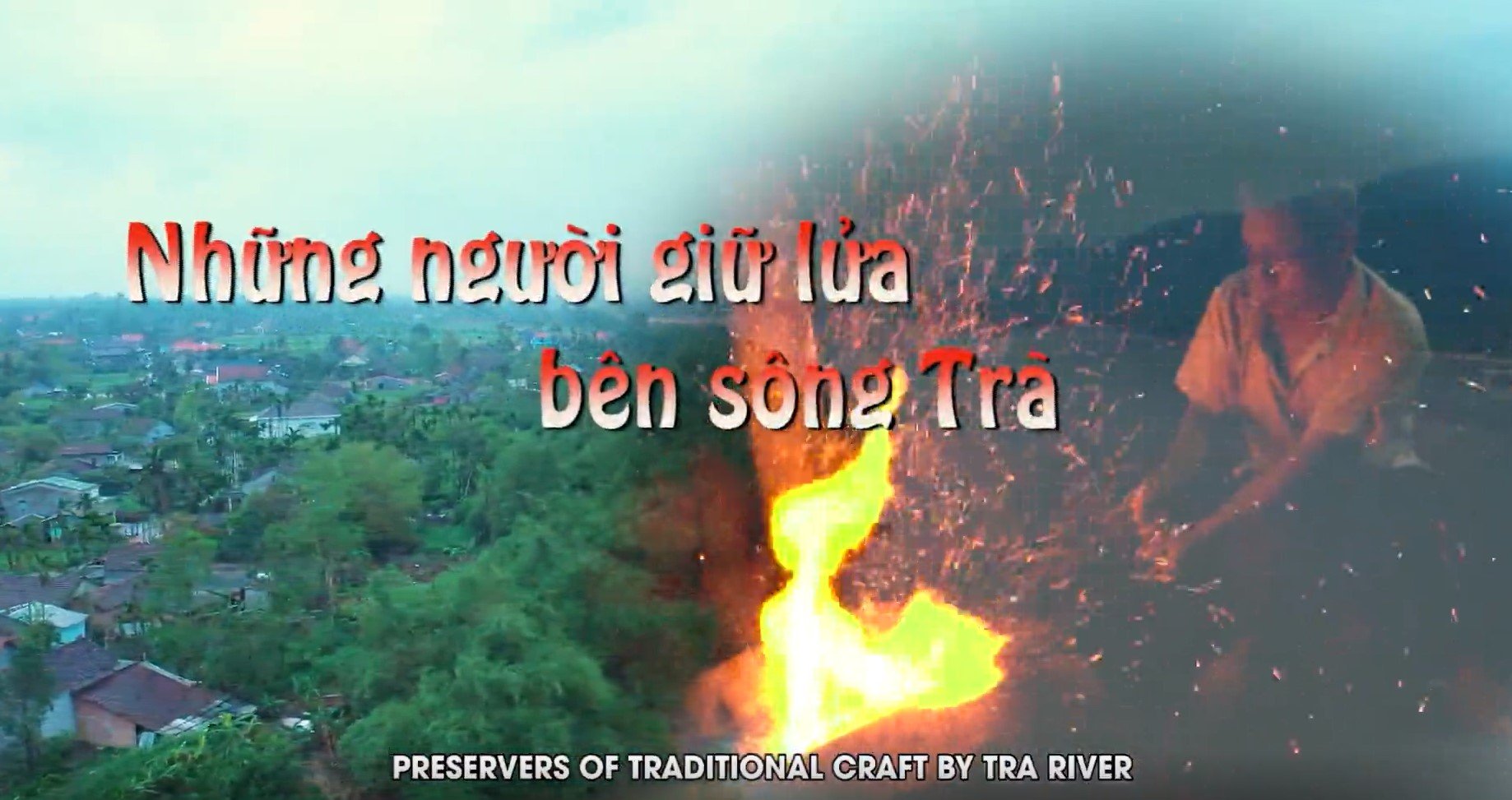
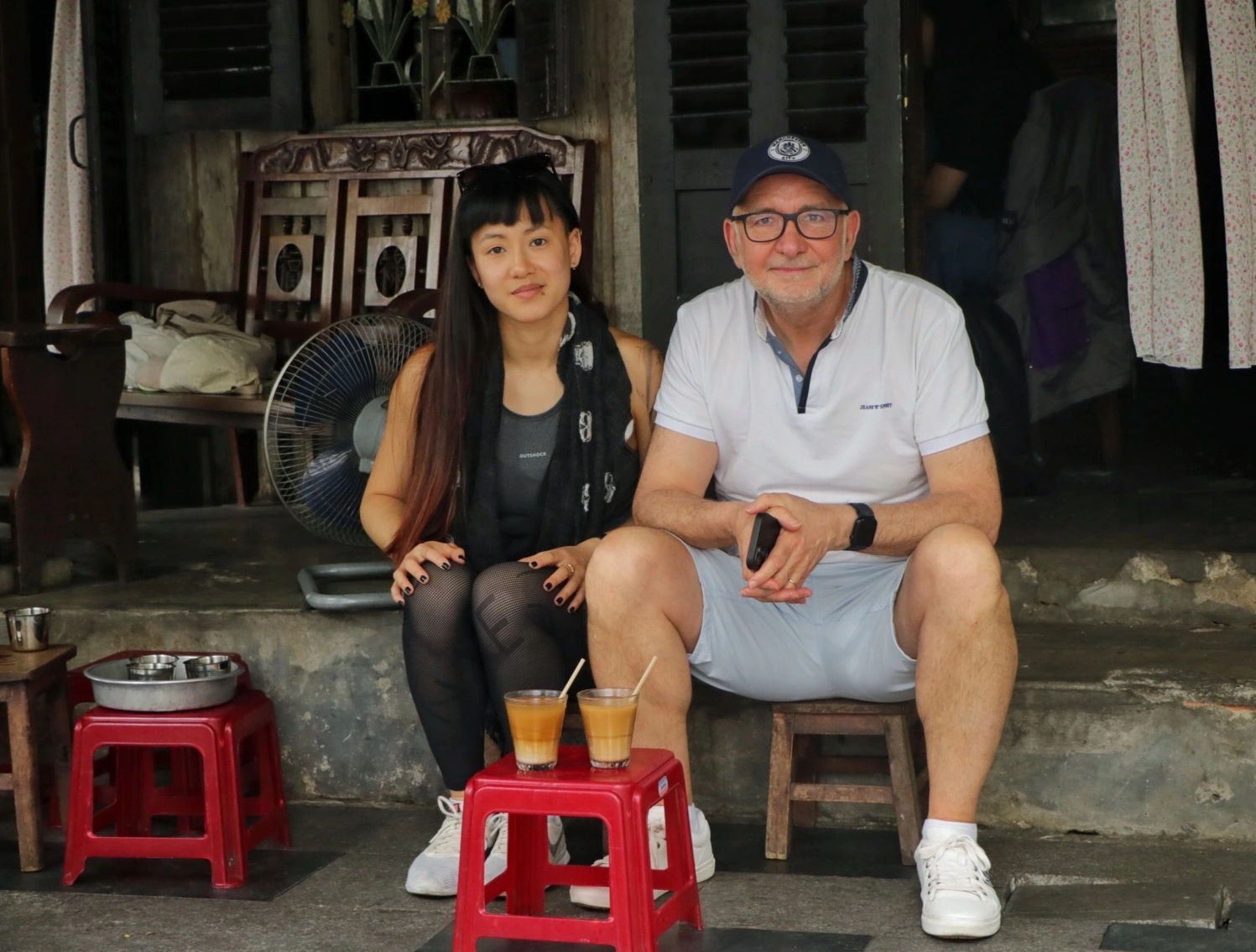

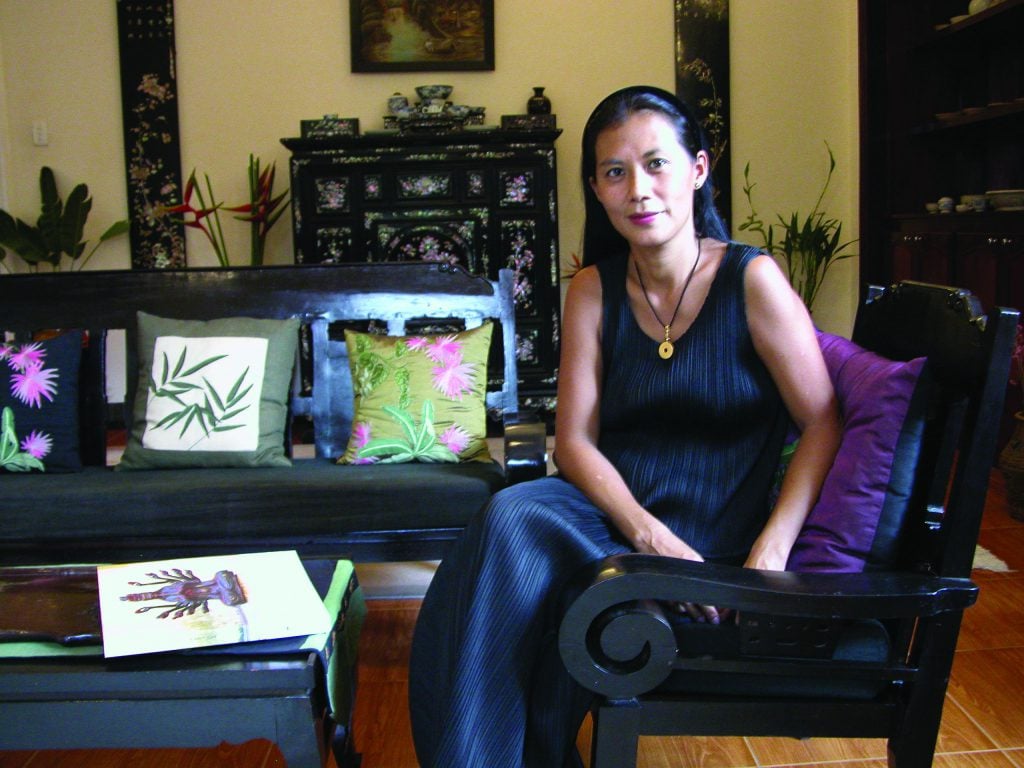



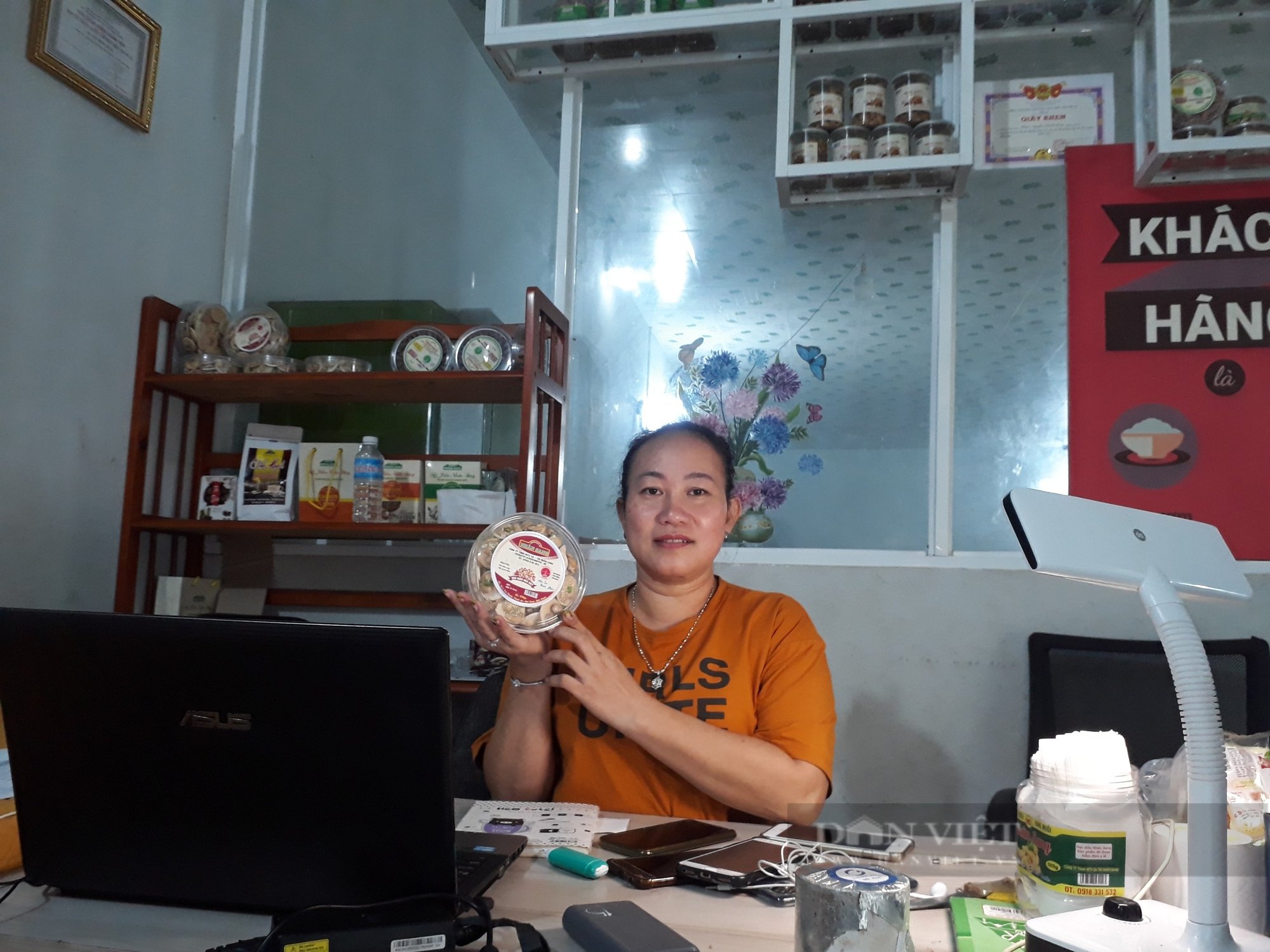

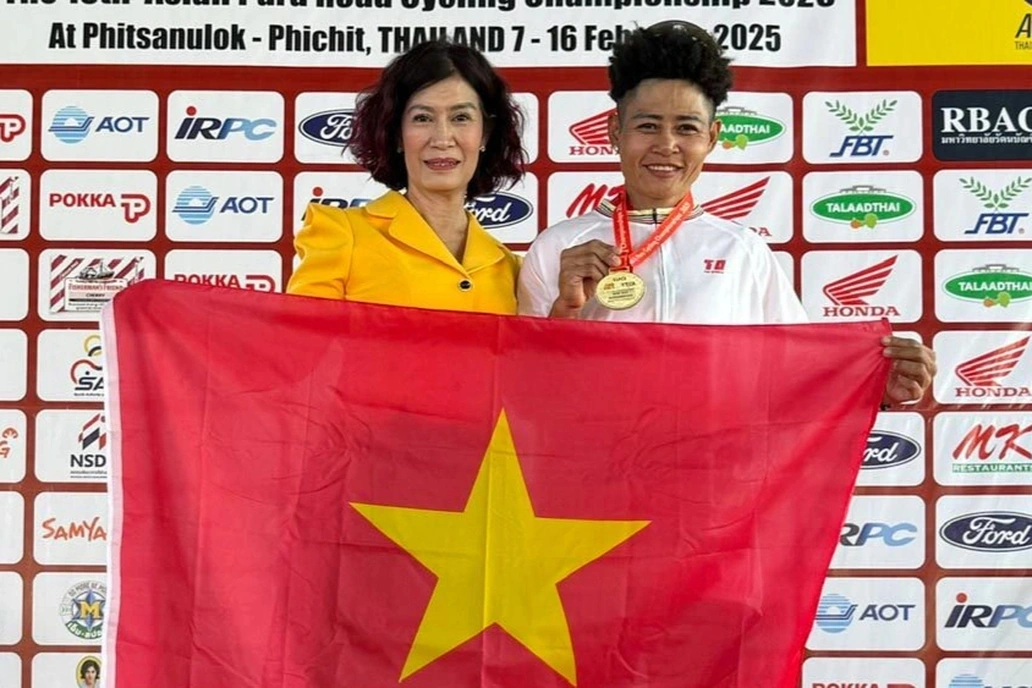
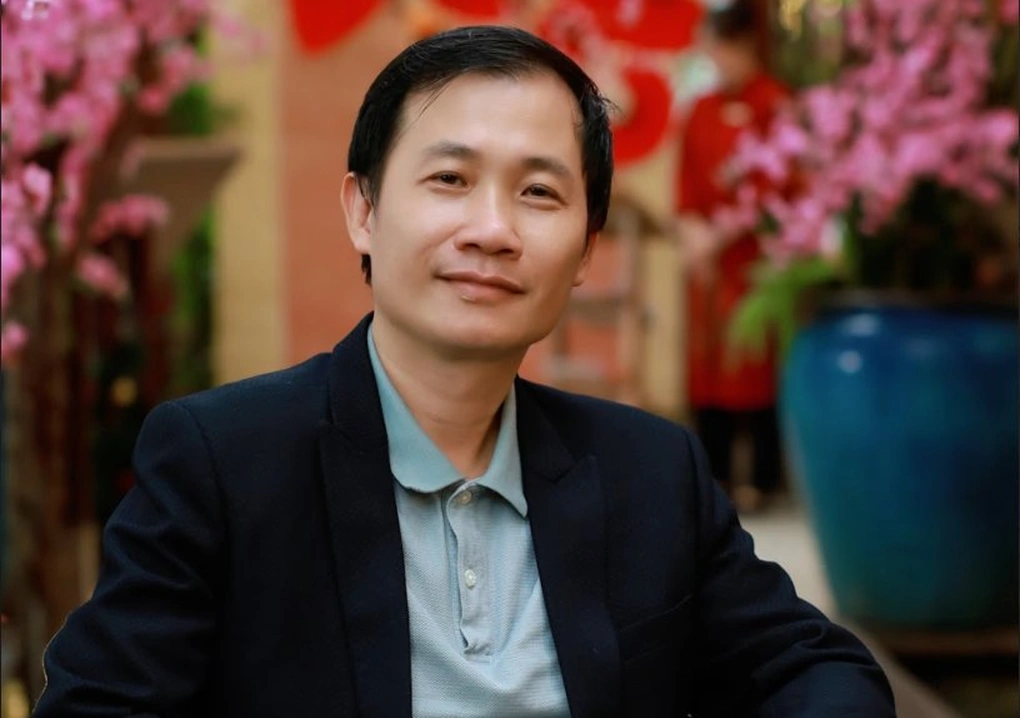


Comment (0)